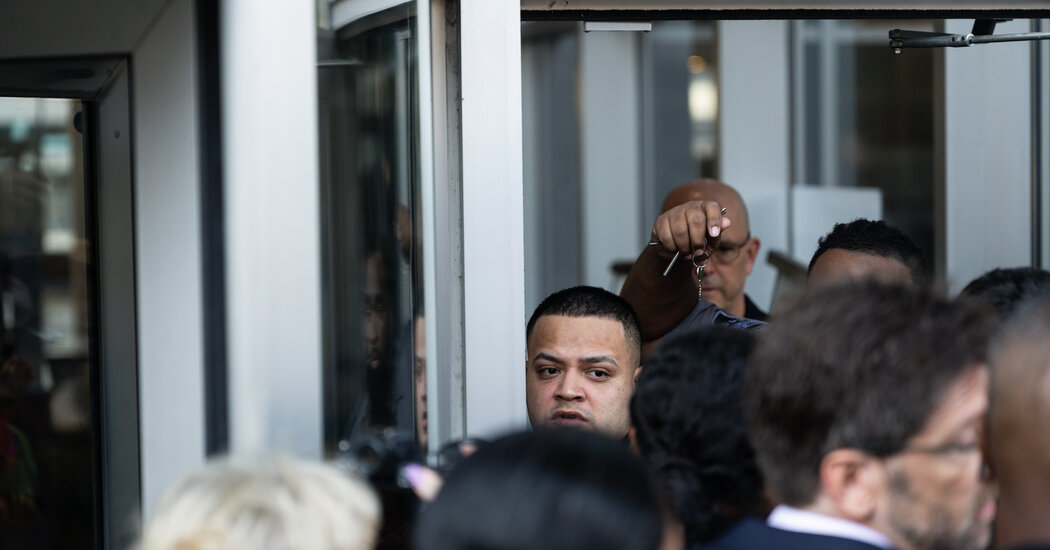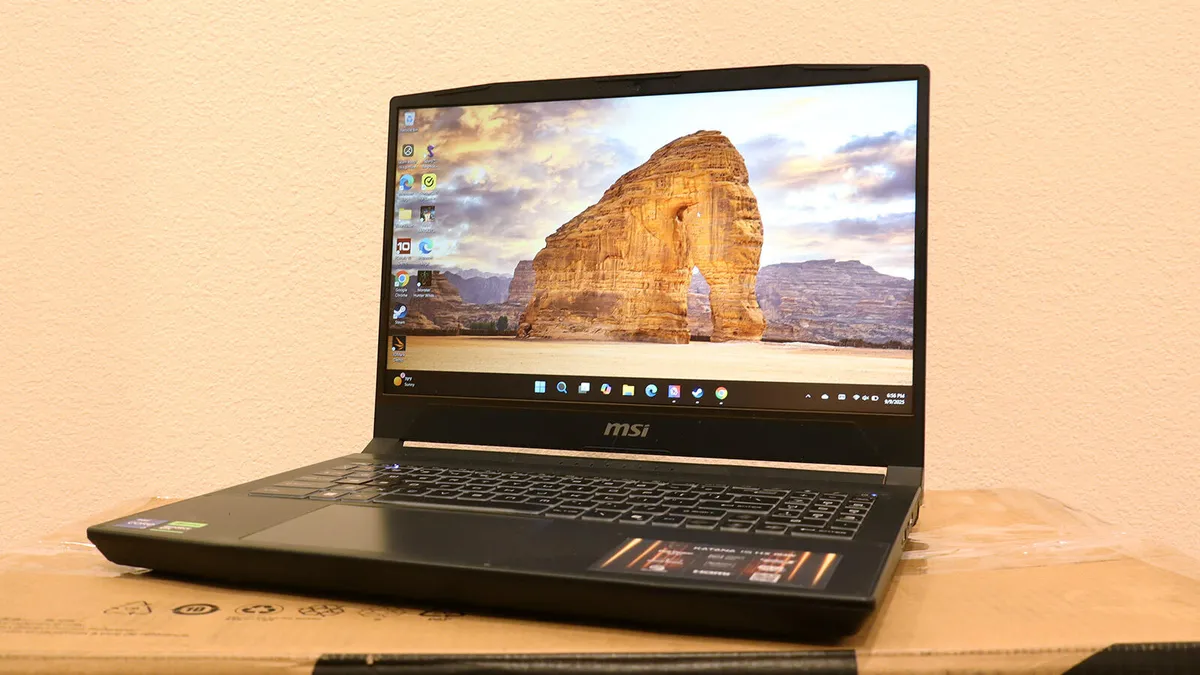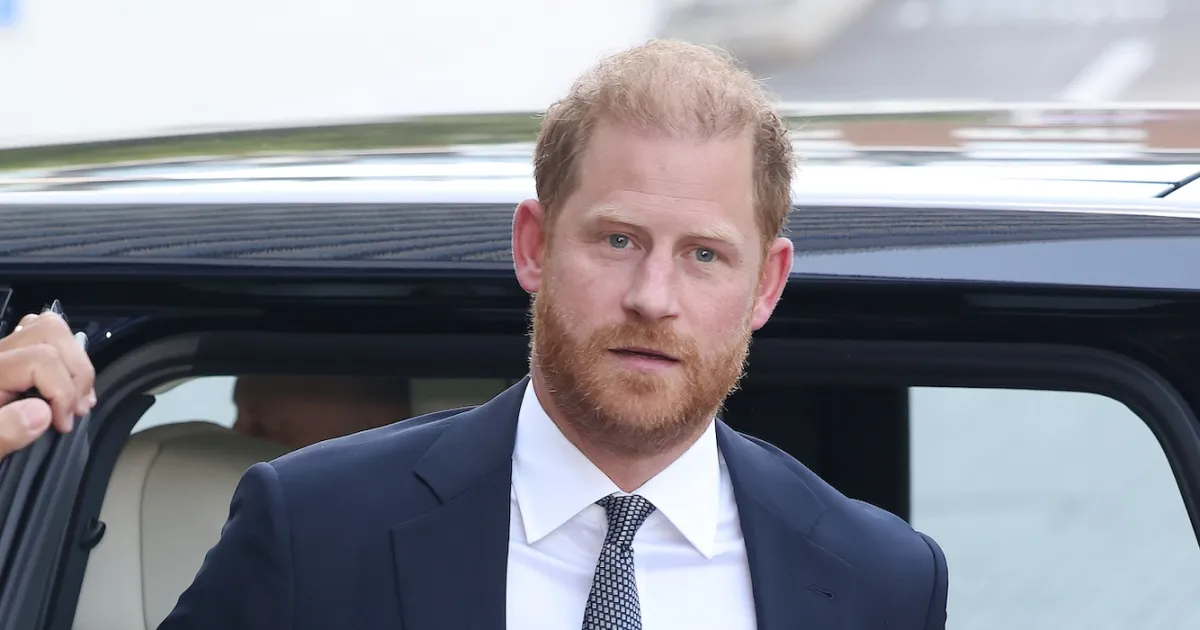
Kilmar Armando Abrego Garcia has been transferred to an immigration detention facility in Pennsylvania, according to a document filed by his lawyers in federal court.
Mr. Abrego Garcia’s deportation to El Salvador and the ensuing tug of war between his lawyers and the federal government have become a flashpoint in the Trump administration’s crackdown on illegal immigration, drawing condemnation and outrage from immigration advocates as federal officials continue to seek his expulsion from the United States.
In March, the Trump administration said he had been sent to El Salvador because of an administrative error. But federal officials reversed course in April, claiming that Mr. Abrego Garcia was a criminal and gang member, and in June returned him to the United States to face human smuggling charges in Tennessee.
He was briefly released from custody in late August, but was promptly detained again and sent to a facility in Virginia. His lawyers said they had trouble visiting him there in part because of its distance from New York City and Nashville, where his legal teams are based.
His transfer to the Pennsylvania facility, the Moshannon Valley Processing Center, which his lawyers said they learned of on Friday, could make the problem worse, they argued. The move has made it “far more difficult” for the Nashville-based members of Mr. Abrego Garcia’s legal team to reach him, and travel to the processing center is “not appreciably easier” for the New York team, according to the court filing.
Mr. Abrego Garcia’s lawyers also raised questions about “deeply concerning” conditions inside the Moshannon facility, citing “recent reports of assaults, inadequate medical care and insufficient food.” In August, a detainee, Chaofeng Ge, died by suicide there.
Immigration officials have insisted that they will not allow Mr. Abrego Garcia to go free in the United States, and Kristi Noem, the homeland security secretary, said in August that law enforcement officers were “processing” Mr. Abrego Garcia for deportation, though it is not clear where he would be deported to.
A court order from 2019 prohibited him from being sent to El Salvador, the country he’d come from initially, because he could face threats or persecution. After deporting him there anyway this spring, the Trump administration is now challenging the order, arguing that a new asylum request recently filed by Mr. Abrego Garcia voided the earlier decision.
The administration has also signaled that it was considering sending him to one of several countries to which he has no ties, including Uganda and the small African nation Eswatini, according to his lawyers.
Mr. Abrego Garcia had been living in Maryland for years after entering the United States without permission near McAllen, Texas, in 2012. He had no criminal record in the United States, though he had come into contact with law enforcement before. In 2019, he was arrested while looking for work outside a Home Depot but was eventually released after the judge ruled that he could not be sent back to El Salvador.
Now, prosecutors are alleging that Mr. Abrego Garcia earned money by helping people enter the United States illegally, citing an episode in 2019 during which Mr. Abrego Garcia was pulled over driving an S.U.V. that had “nine Hispanic males packed into” it. At the time, he was released with a warning for driving with an expired license. Federal authorities are also claiming that Mr. Abrego Garcia was affiliated with the gang MS-13, based on his clothing and information from a confidential informant, a charge that Mr. Abrego Garcia denies.



